-
KOSPI 2577.27 -2.21 -0.09%
-
KOSDAQ 722.52 -7.07 -0.97%
-
KOSPI200 341.49 +0.02 +0.01%
-
USD/KRW 1396 -2.00 0.14%
SKC co-invests $80 mn in battery materials maker Nexeon
Battery materials
SKC co-invests $80 mn in battery materials maker Nexeon
The UK startup produces silicon-based anodes, which reduce battery charging time and boost energy storage
By
Jan 26, 2022 (Gmt+09:00)
1
Min read
News+
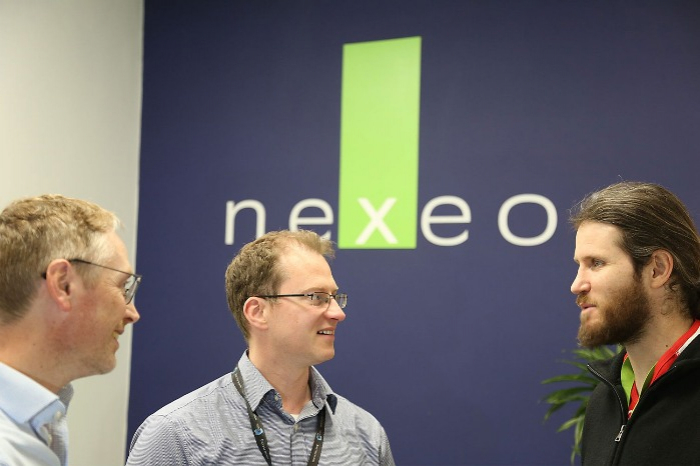
The investment took place nearly three months after SKC’s announcement of forming the consortium last November. At the time, the South Korean conglomerate SK Group's affiliate said it will inject $33 million.
SKC has secured stakes in Nexeon as well as the silicon anode material business license through the investment. The consortium will establish a company this year to produce silicon anode materials from 2024, and SKC will lead the manufacturing business.
The consortium was formed after SKC withdrew a plan to set up a joint venture with Nexeon last October. The JV plan raised worries about an overlap investment within SK Group as SK Materials Co., the group's gas manufacturer, was planning to jointly invest 850 billion won with US startup Group14 Technologies Inc. to build a battery material plant in Korea.
Nexeon produces silicon anode materials that upgrade the performance of electric vehicles. Compared with conventional graphite anodes, silicon anodes halve battery charging time and quadruple energy storage. The global anode materials market will grow to $2.9 billion in 2025 and reach $14.6 billion in 2030, experts say.
Write to Kyung-Min Kang at kkm1026@hankyung.com
Jihyun Kim edited this article.
More To Read
-
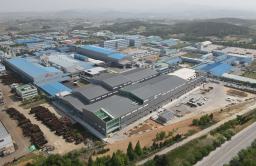 Battery materialsKorea’s SKC to build $761 mn copper foil plant in Poland
Battery materialsKorea’s SKC to build $761 mn copper foil plant in PolandNov 18, 2021 (Gmt+09:00)
-
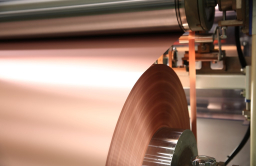 Battery materialsSKC to raise corporate value to $25 bn with battery materials
Battery materialsSKC to raise corporate value to $25 bn with battery materialsSep 24, 2021 (Gmt+09:00)
-
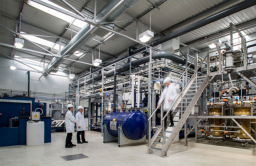 Battery materialsSKC to form JV with British Nexeon for silicon anode business
Battery materialsSKC to form JV with British Nexeon for silicon anode businessSep 29, 2021 (Gmt+09:00)
-
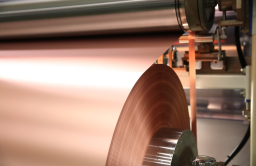 Battery materialsSKC drops plan for silicon anode JV on investment overlap woes
Battery materialsSKC drops plan for silicon anode JV on investment overlap woesOct 01, 2021 (Gmt+09:00)
-
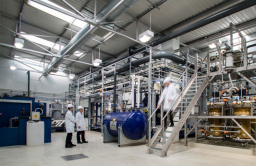 Battery materialsSKC to invest $33 mn in British battery materials startup Nexeon
Battery materialsSKC to invest $33 mn in British battery materials startup NexeonNov 01, 2021 (Gmt+09:00)
-
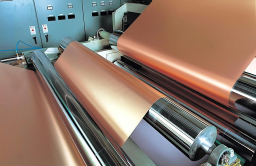 EV battery materialsSKC to spend $600 mn to build copper foil plant in Malaysia
EV battery materialsSKC to spend $600 mn to build copper foil plant in MalaysiaJan 26, 2021 (Gmt+09:00)


